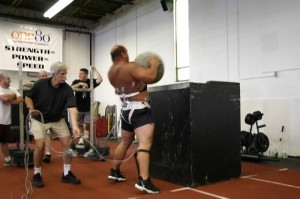There's a reason the best Professional and Collegiate Basketball Professionals attend BSMPG Summer Seminar year after year after year....
"Superb conference. Unique sport-specific emphasis. Very well run. Excellent speaker line-up. I can't wait until the next one!"
- Darryl Eto
Strength and Conditioning Coach for the Houston Rockets
"BSMPG conference is a blend of some of the greatest minds in sports medicine and human performance. It is a must see seminar for cutting edge information and knowledge!"
- Jonas Sahratian
Strength and Conditioning Coach for UNC - Chapel Hil
"What separates these conferences from the rest is that it brought together some of the most well respected coaches and scientists in the field to talk specifically about the elements that I work with daily. It was a tremendous learning and networking experience that makes me want to come back every year if I get the chance."
- Michael Irr, CSCS
Former Strength and Conditioning Coach for the Charlotte Bobcats
"BSMPG delivers once again. Every year they bring in the top dogs in the industry who are willing to share their knowledge as well as learn from everyone else. This is the only conference that allows great presentations as well as quality social events that allow everyone to mingle, talk shop, and provide a unique opportunity to network with a great bunch of people. "
- Keke Lyles Head Strength & Conditioning - Minnesota Timberwolves
"The Boston Sports Medicine and Performance Group symposium entitled "Standing on the Shoulder of Giants" was truly inspirational and educational. I strongly believe that the relationship between Strength & Conditioning and Sports Medicine is extremely important to maximize the performance enhancement potential in any athlete. This event meshed the two worlds seamlessly which in itself sets this event above any other but add in the leaders in their field as speakers and you have one of the highest quality conferences I've ever attended. The intensive track option for those that want more "hands on" experience is another plus and offers individuals more one-on-one interaction with the speakers. This was the first time that I attended a BSMPG conference but it will definitely not be my last."
- Paul Murata
University of Virginia
Athletic Trainer for Women's Basketball
Register for the 2013 BSMPG Summer Seminar and listen to:
Bobby Alejo - S&C coach for North Carolina State
Charlie Weingroff - former S&C coach for the Philadelphia 76ers
Randall Huntington - Topic: Developing Power (kind of important for hoops don't you think?)
Robert Butler - Duke University
Joel Jamieson - Topic: Advanced Recovery Strategies to Maximize Performance.
Still not convinced? Join Collegiate and Professional strength coaches from across the country as attendees including coaches from the Minnesota Timberwolves, UNC - Chapel Hill, and representatives from NIKE.
This seminar will SELL OUT - so don't delay.
Special thanks to:

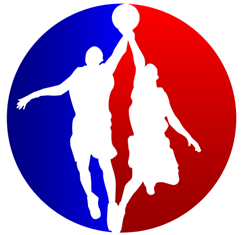


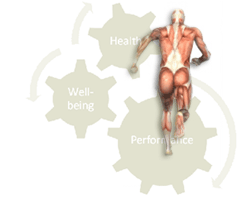





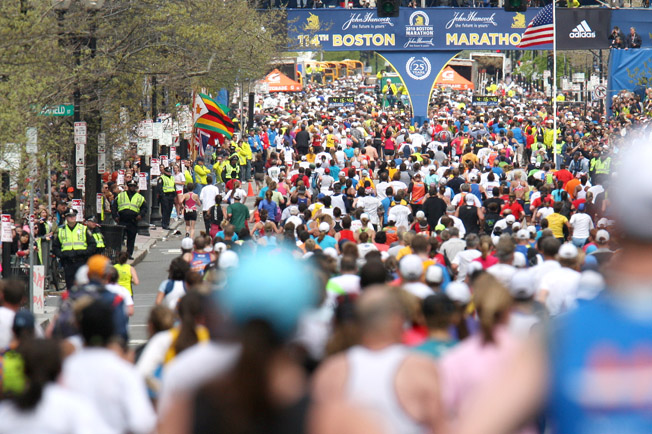


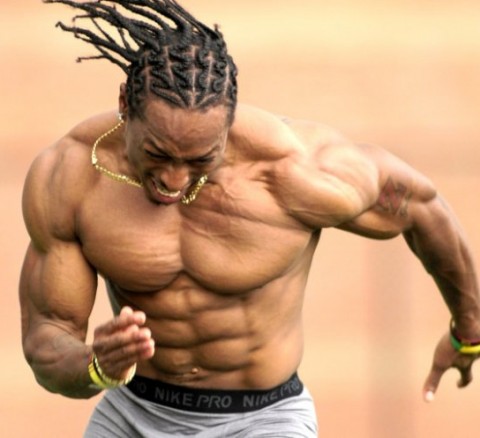



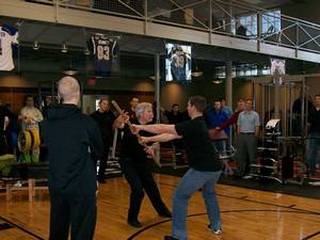[1].jpg?width=300&height=225&name=stustick(small)[1].jpg)
